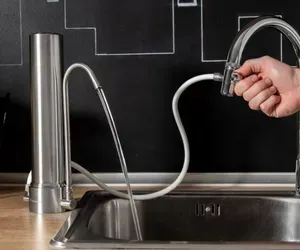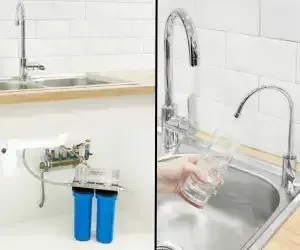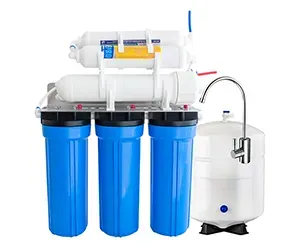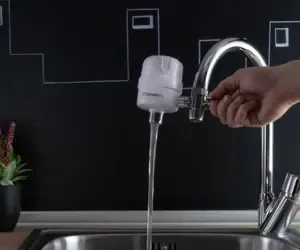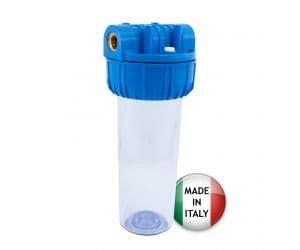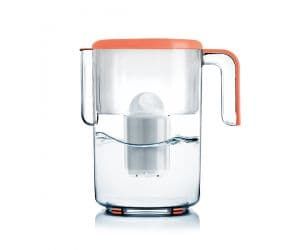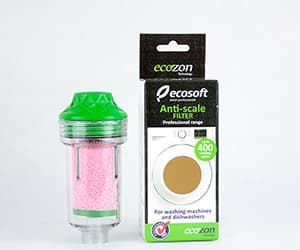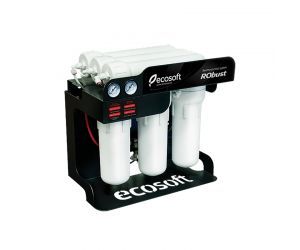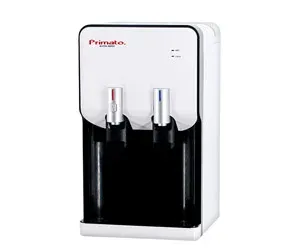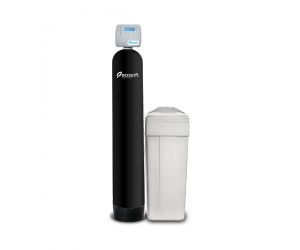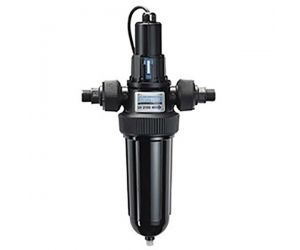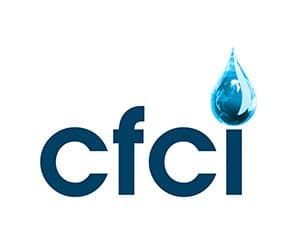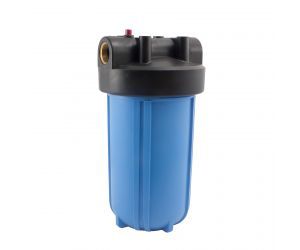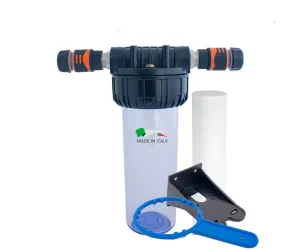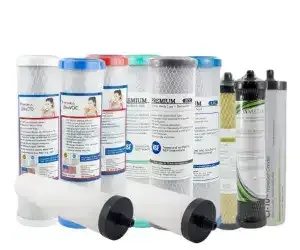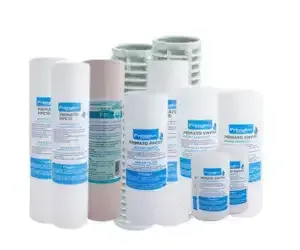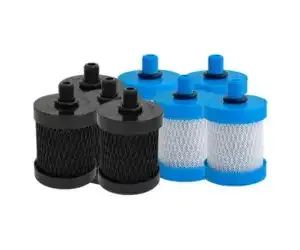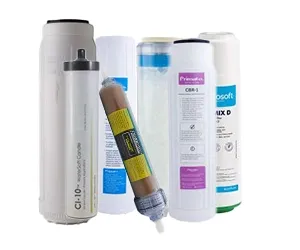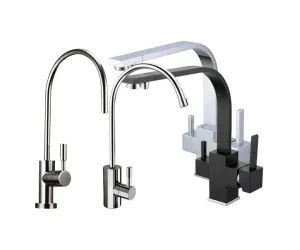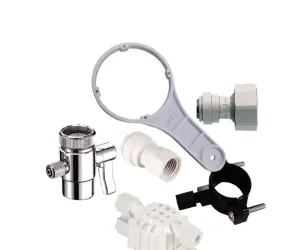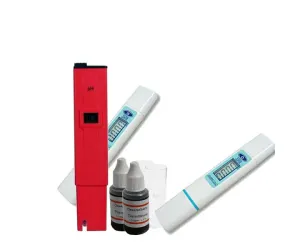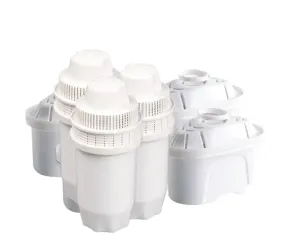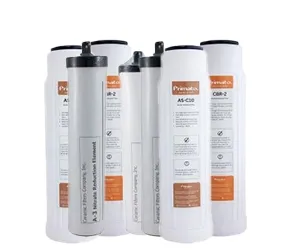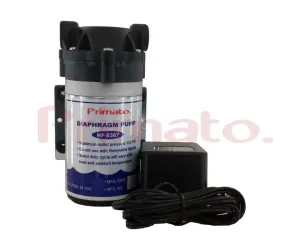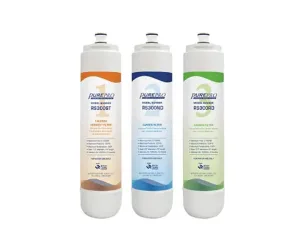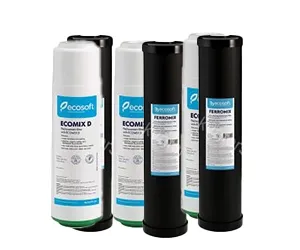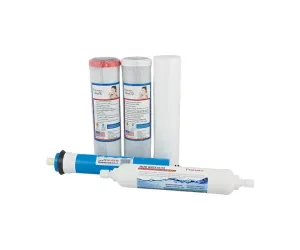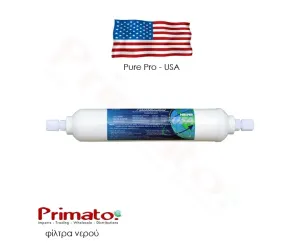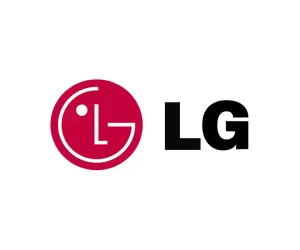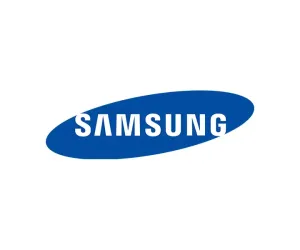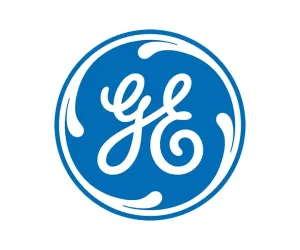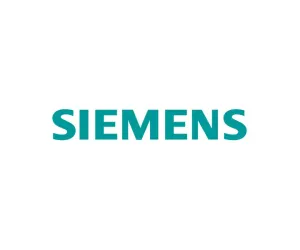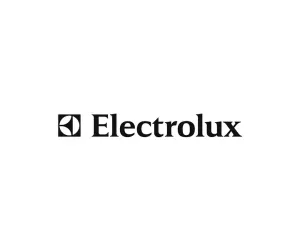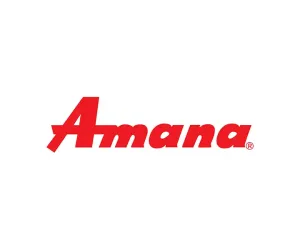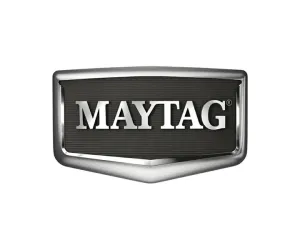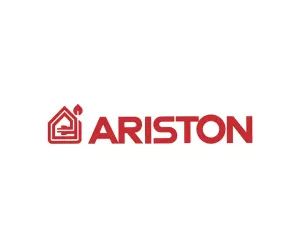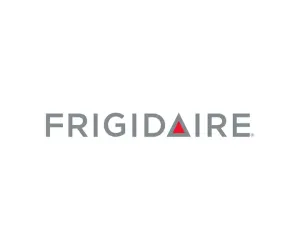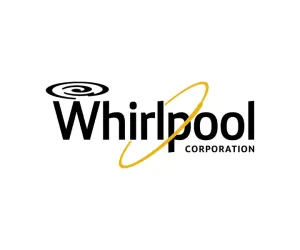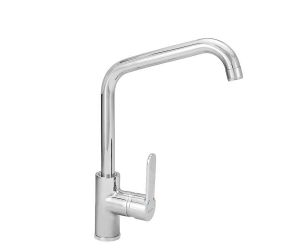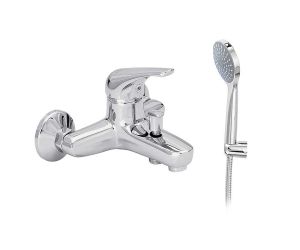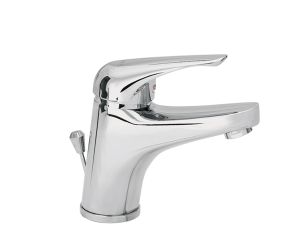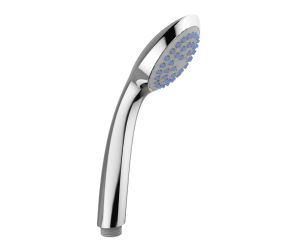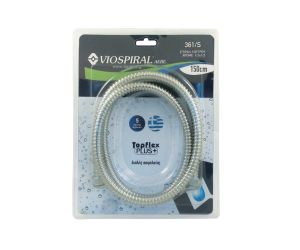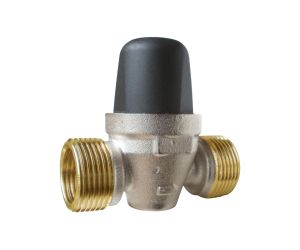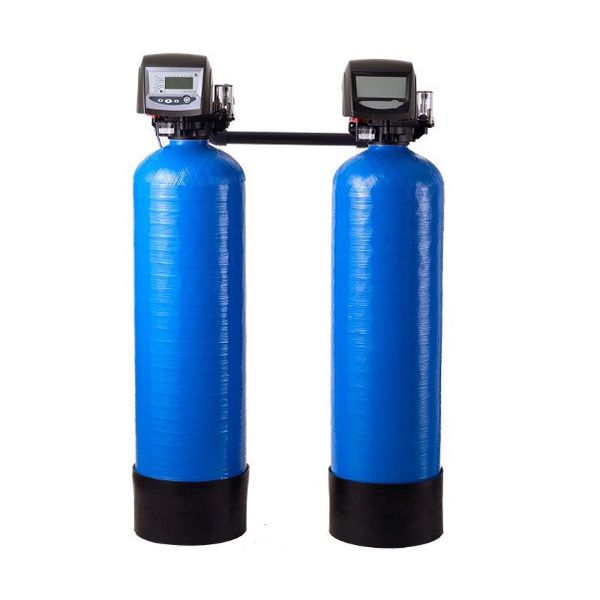Water Softener Primato TWIN 150
- Shipping Cost
Shipping Zones and Costs
Zone A
Cost €4. Free on orders above €50
Countries: Greece
Zone B
Cost €5. Free on orders above €100
Countries: Bulgaria, Cyprus
Zone C
Cost €8. Free on orders above €100
Countries: Romania
Zone D
Cost €15. Free on orders above €100
Countries: Austria, Vatican, Belgium, France, Germany, Denmark, Estonia, United Kingdom, Ireland, Italy, Spain, Croatia, Latvia, Lithuania, Luxembourg, Malta, Monaco, Netherlands, Hungary, Poland, Portugal, Slovakia, Slovenia, Sweden, Czechia, Finland
Zone E
Cost €18. Free on orders above €100
Countries: Albania, Andorra, Bosnia and Herzegovina, North Macedonia, Gibraltar, Guernsey, Greenland, Switzerland, Iceland, Canary Islands, Kosovo, Liechtenstein, Montenegro, Faroe Islands, Norway, San Marino, Serbia, Jersey, Turkey
Zone F
Cost €21. Free on orders above €100
Countries: Egypt, Algeria, United Arab Emirates, USA, Jordan, Israel, Canada, Qatar, Kuwait, Lebanon, Libya, Morocco, Mexico, Bahrain, Oman, Ukraine, Saudi Arabia, Tunisia
Zone G
Cost €24. Free on orders above €100
Countries: Vietnam, Japan, India, Indonesia, Cambodia, China, South Korea, North Korea, Laos, Macau, Malaysia, Maldives, Bangladesh, Bhutan, Brunei, Myanmar, Nepal, Pakistan, Singapore, Sri Lanka, Taiwan, Thailand, Philippines, Hong Kong
Zone H
Cost €30. Free on orders above €100
Countries: Saint Barthelemy, Saint Vincent, Saint Helena, Saint Eustatius, Saint Kitts, Saint Lucia, Saint Martin, Azerbaijan, Ethiopia, Ivory Coast, American Samoa, East Timor, Angola, Anguilla, Antigua, Argentina, Armenia, Aruba, Australia, Afghanistan, Haiti, Vanuatu, Venezuela, Bermuda, Bolivia, Brazil, French Guiana, Georgia, Gambia, Gabon, Ghana, Guam, Guadeloupe, Guatemala, Guyana, Guinea, Equatorial Guinea, Guinea-Bissau, Grenada, Dominica, Dominican Republic, El Salvador, Eritrea, Zambia, Zimbabwe, Iran, Iraq, Kazakhstan, Cameroon, Central African Republic, Kenya, Cayman Islands, Kiribati, Colombia, Comoros, Congo, Zaire, Costa Rica, Cuba, Cook Islands, Curacao, Kyrgyzstan, Lesotho, Belarus, Liberia, Mayotte, Malawi, Mali, Mariana Islands, Marshall Islands, Martinique, Mauritius, Mauritania, Micronesia, Mongolia, Mozambique, Moldova, Montserrat, Barbados, Bahamas, Belize, Benin, Bonaire, Botswana, Burkina Faso, Burundi, Namibia, Nauru, New Zealand, New Caledonia, Nevis, Falkland Islands, Niger, Nicaragua, Niue Islands, South Sudan, South Africa, Honduras, Uganda, Uzbekistan, Uruguay, Palau, Panama, Papua New Guinea, Paraguay, British Virgin Islands, US Virgin Islands, Peru, Puerto Rico, Cape Verde, Reunion Islands, Rwanda, Russia, Samoa, Sao Tome and Principe, Senegal, Seychelles, Sierra Leone, Solomon Islands, Somalia, Northern Somalia, Eswatini, Sudan, Suriname, Syria, Tanzania, Tajikistan, Tahiti, Jamaica, Djibouti, Togo, Tonga, Tuvalu, Turkmenistan, Turks and Caicos, Chad, Trinidad and Tobago, Yemen, Fiji, Chile
- Removes hard water and scale from your water.
- It is installed in the main water supply of the house.
- It has a General Electric 366 / 604c electronic head with which you can schedule the regeneration of the resin.
- The water inlet and outlet is 3/4 inch
- Resin 300L (150 litres in each tank). Purolite resin - made in USA
- Dimensions: Width 33cm, Depth 50cm, Height 70,5cm.
- The resin needs replacement every 5 to 7 years. You need to add sodium chloride (coarse salt) to regenerate the resin system. This depends on the hardness of the water. Read the information below for a complete update.
- The system needs power to operate.
- It has to be connected to your house's drain system.
- It must be installed in a sheltered place to avoid frost.
- It includes instructions so you can program it correctly. For the correct setting of the softener it is essential to know the hardness of your water. If you do not know how much hardness you have then you can buy a special hardness meter. Here is the hardness meter we sell.
Keep in mind that 1 L of resin at 20 German degrees of hardness produces 120L of desalinated water. So using the special hardness meter, you can calculate the hardness and therefore calculate how many liters of desalinated water the softener will produce. This will help you properly program when the machine will be regenerating. Example: You are on an island and decide to buy a softener because you have very hard water. You measure hardness and you find it to be 40 German degrees. This means that one liter of resin will produce 60 liters of desalinated water. If your softener is 10 liters (resin capacity), then you know that the softener will produce a total of 600 liters of desalinated water. Then it will need to regenerate.
Why the softener needs to regenerate: The resin exchanges magnesium and calcium ions with Sodium and Potassium ions. However, it is exhausted at some point. To regenerate, it needs to be washed with coarse salt. This process can take up to four hours. So the softeners have a brine container where you put the salt. There the softener adds water to dissolve the salt and allow the machine to regenerate. The brine tank should be 1/3 covered with water, 1/3 covered with salt and 1/3 vacuum. Some softeners are compact (they have a built-in brine tank) and some are simpler (the resin is separate from the brine tank).
Important information: Water hardness is measured in mg / l or parts per million (ppm) as well as in French, German or English. 1 ppm = 0,1ºf (French degrees) = 0,0556 ºd (German marks) = 0,07 ºe (English marks). So 1ºf (French grade) = 10 ppm If we divide ppm of water by 10, then we have the number of water hardness with a very slight deviation of 2-3ºf French. You can measure your water conductivity with a conductivity meter (TDS) that counts in ppm (parts per million). See the table below to know how soft or hard the water is in your area:
| ppm | μS/cm | f (french degrees) | Water Characterisation |
| 0-70 | 0-140 | 0-7 | Very soft water |
| 70-150 | 140-300 | 7-15 | Soft water |
| 150-250 | 300-500 | 15-25 | A bit hard water |
| 250-320 | 500-640 | 25-32 | Hard enough water |
| 320-420 | 640-840 | 32-42 | Hard water |
| >420 | >840 | >42 | Very hard water |
No reviews found
